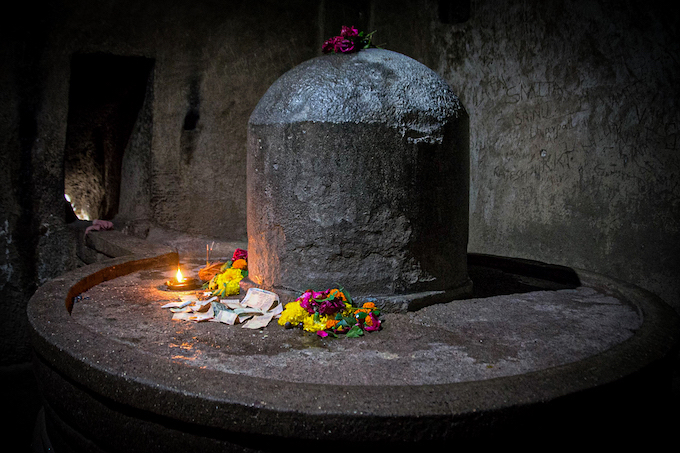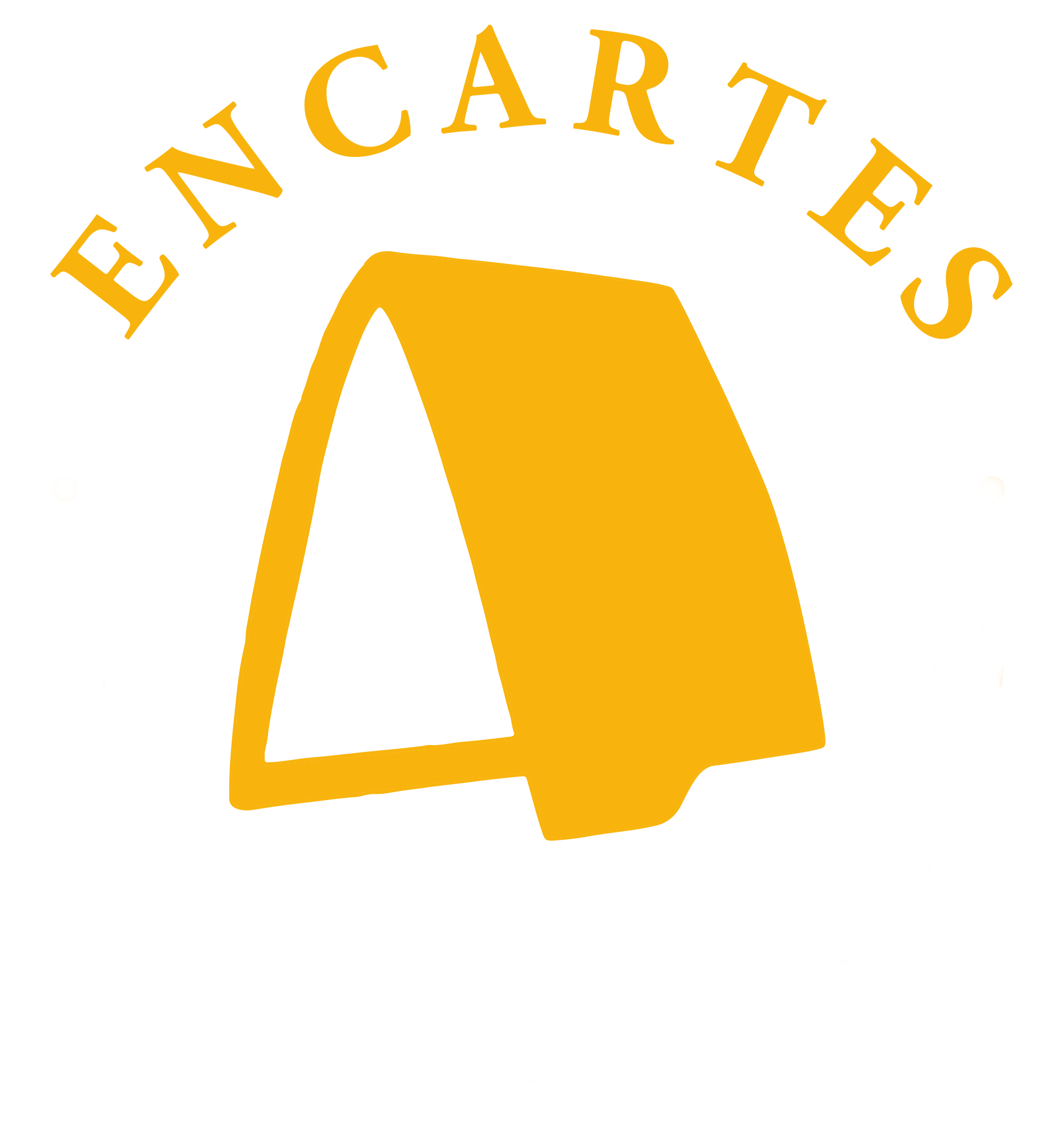home » Editorial Coordination Team » Page 2
Editorial Coordination Team is in charge of guaranteeing the high academic level of the content of the magazine.
EncArtes multimedia
Vol 5 No 10 (2022)
Altars for the Dead: The Changing Heritage of a Mexican Tradition
Entrevistas
Vol 5 No 10 (2022)
The Movement of History, The Movement of Life Within
Temáticas
Vol 5 No 9 (2022)

Sense Rendered Obtuse: Visuality and Ethnographic Practice
- Gabriela Zamorano Villarreal
- Richard Kernaghan
The movement of the obtuse direction is wandering. It follows an eccentric trajectory. It departs from the domain of representations. In this issue, by presenting different ethnographic situations, we show how the concept of the obtuse allows us not only to address the legal-evidential value of the ethnographic record but to extend and even reimagine it.
Temáticas
Vol 5 No 9 (2022)

Mending the Image: Subjectivities and Desires in the Photographic Archives of Michoacán, México
- Gabriela Zamorano Villarreal
Whis essay examines photomontage practices in rural contexts of Michoacán, Mexico, in order to ask how social uses of photography are intimately linked to collective subjectivities and affects of loss, between histories of migration and recurrent cycles of violence. These visual practices cannot be understood without paying attention to intrinsic aspects of photographic technology-such as its indexical character, its materiality, its artificiality, and its temporal anchoring. Here a careful reading of the concept of "the obtuse" proposed by Roland Barthes reveals how photomontage techniques, in the hands of local photographers, generate visual effects and dislocations through the manipulation of subtle details that contribute to recreate, but also to subvert, the "ways of looking" among the inhabitants of the region.
EncArtes multimedia
Vol 4 No. 7 (2021)

Śiva: nothing of him vanishes, he only transforms. Visual anthropology of urban mythological art
- Arturo Humberto Gutiérrez del Ángel
- Greta alvarado lugo
Whe present essay seeks to show, through a singularity of images, how myths, in one of their many expressive ramifications, materialize in a narrative way in what we call plastic expressions of the good errant. Its minimal units operate with signifiers built on a multiplicity of objects that refer the errant to meanings linked to those beings of the universal endeavor. To demonstrate our plastic hypothesis, we will exemplify the mythological complex related to Śiva, one of the most outstanding deities of the Indian cosmogony, referring to various manifestations and presences of this god in the colorful streets of India.
EncArtes multimedia
Vol 3 No. 5 (2020)
Altars we see, meanings we do not know: material sustenance of lived religiosity
- Anel Victoria Salas
- Renée de la Torre Castellanos
Keywords: altars, popular Catholicism, aesthetics, religious images, materiality, lived religiosity.
This work consists of a photographic essay on domestic altars that is accompanied by narratives of their owners and aims to address the Catholic religiosity that is practiced on a daily basis in non-ecclesial spaces. The ethnographic work (based on photographic records and interviews) focuses on the materiality of the altars (which make beliefs visible) and on the narratives that account for the symbolic meanings, appropriations and uses of Catholic images in ordinary life. of believers. We address three scenarios for assembling and practicing altars: domestic (they are generally private and individual and are found within homes); semi-private (in workplaces, such as offices, market stalls, canteens and workshops), that although they are cared for by a person, are not for exclusive use, are exposed and are sometimes the reason for practices of those who attend that place, and public (street or neighborhood), which are placed in open spaces (on a sidewalk, square or corner) and activate collective practices and are even protected by a community. We consider it to be a novel methodological proposal to approach the understanding of religious experiences and their non-ecclesial logic.







